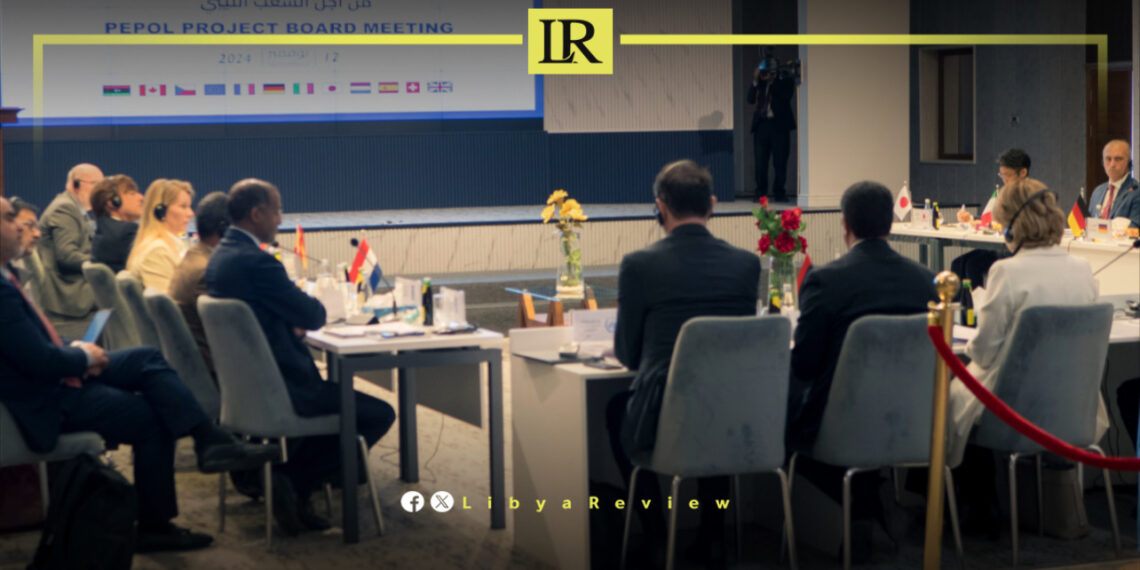In an annual project board meeting, the joint project team from the United Nations Development Programme (UNDP) and the United Nations Support Mission in Libya (UNSMIL) reaffirmed their dedication to enhancing Libya’s democratic institutions and promoting a fair electoral process. The meeting was held just days before elections in 58 municipal councils across Libya, highlighting the significance of this year’s electoral milestones.
The UNDP and UNSMIL joint project, known as “Promotion of Elections for the Libyan People,” emphasized its ongoing collaboration with Libya’s High National Elections Commission (HNEC) to ensure technical and operational readiness for the upcoming elections. These efforts are supported by international partners, including Canada, the European Union, the Netherlands, Italy, the United Kingdom, Germany, France, Spain, Japan, the Czech Republic, and Switzerland.
Looking toward the future, UNDP Libya has pledged to continue assisting HNEC in preparing for the 2025 municipal elections, which will extend electoral participation to an additional 59 municipalities nationwide.
The UN Electoral Support Team remains a crucial partner in these efforts, providing essential technical support and capacity-building initiatives. This international collaboration aims to strengthen Libya’s election management and uphold transparency and accountability in the nation’s democratic processes.
Libya has been in chaos since a NATO-backed uprising toppled longtime leader Muammar Gaddafi in 2011. The county has for years been split between rival administrations.
Libya’s economy, heavily reliant on oil, has suffered due to the ongoing conflict. The instability has led to fluctuations in oil production and prices, impacting the global oil market and Libya’s economy.
The conflict has led to a significant humanitarian crisis in Libya, with thousands of people killed, and many more displaced. Migrants and refugees using Libya as a transit point to Europe have also faced dire conditions.
The planned elections for December 2021 were delayed due to disagreements over election laws and the eligibility of certain candidates. This delay has raised concerns about the feasibility of a peaceful political transition.
Despite the ceasefire, security remains a significant concern with sporadic fighting and the presence of mercenaries and foreign fighters. The unification of the military and the removal of foreign forces are crucial challenges.


